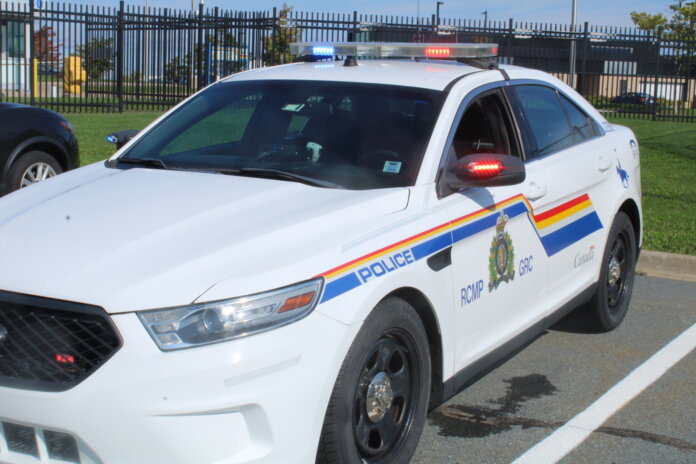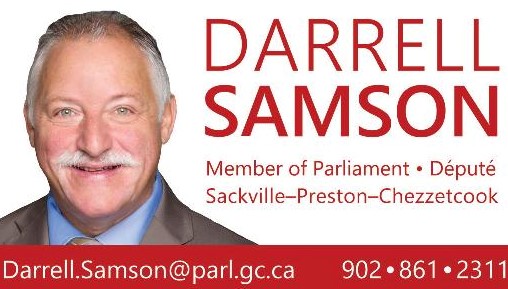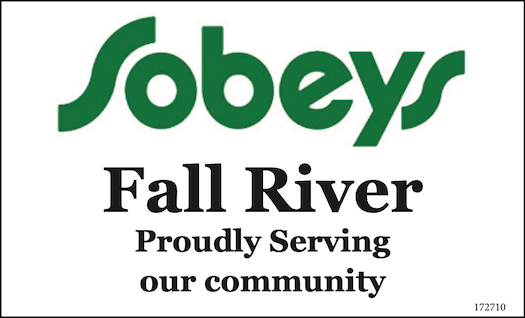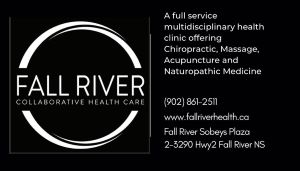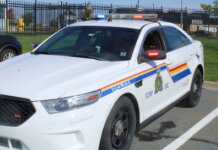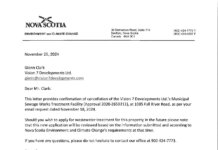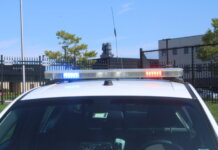LOWER SACKVILLE: Tomorrow, July 30, is World Day Against Trafficking in Persons.
Human trafficking, which involves the exploitation of people through deception, intimidation, threats or violence, is one of the fastest-growing crimes worldwide, and Nova Scotia has the highest rate of human trafficking incidents in Canada.
“It’s a big problem; a Statistics Canada report showed that in 2019, Nova Scotia’s cases accounted for ten per cent of the those reported in the country,” said Cpl. David Lane of the Nova Scotia Human Trafficking Unit (HTU), a team made up of RCMP and municipal police officers dedicated to investigating human trafficking files and supporting victims.
“We believe the numbers are actually higher,” says Cpl. Lane, whose team has solved numerous cases since its inception in 2019. “Human trafficking in our province, and elsewhere, is vastly underreported.”
In February, in an effort to make reporting easier, the unit launched a quick response (QR) code that’s been distributed across the province on posters and stickers. The code can be scanned quickly and unobtrusively, providing rapid access to the Nova Scotia Human Trafficking tip line, which is monitored 24/7 by an investigator. The QR code also links to information on human trafficking, including signs to watch out for and how to report to police.
Traffickers use various tactics to keep victims under their control, and those under their influence often feel there’s no safe way to get help.
Anyone can be a victim of human trafficking; it comes in many forms.
“Sex trafficking of girls aged 14-16, especially members of the LGBTQ2+, Indigenous and African Nova Scotian communities, is the most widely known type of trafficking,” says Cpl. Lane. “Others, however, are also at risk.”
A 2021 Statistics Canada report showed that of all Canadian cities, Halifax reported the second-highest number of human trafficking incidents. Toronto was number one.
“Human trafficking happens everywhere,” says Cpl. Lane. “A lot of victims are taken out-of-province, but we’re seeing lots of trafficking activity in smaller communities across Nova Scotia. This isn’t just a big city issue.”
In recognition of world day against human trafficking, the Nova Scotia RCMP is reminding you that a person might be a victim of human trafficking if they:
- appear to be under someone else’s control (e.g., they’re not speaking on their own behalf; they’re being closely watched; they’re never left alone; they need to regularly check in with somebody via calls or texts)
- aren’t in control of their money or personal documents (driver’s licence, passport, etc.)
- started a job that sounds too good to be true
- receive expensive gifts for no reason
- have changes in physical appearance (e.g., having hair and nails done; start wearing designer clothing)
- have injuries from physical abuse, be malnourishment, and/or show signs of branding or scarring that indicates ownership by the trafficker
- withdraw from family and friends
If you’re a victim of human trafficking, or know someone who may be a victim, please:
- call the confidential, 24/7 Nova Scotia Human Trafficking Hotline at 902-449-2425, the Canadian Human Trafficking Hotline at 1-833-900-1010 or submit an anonymous online tip;
- contact your local RCMP detachment or municipal police service; or
- call Nova Scotia Crime Stoppers at 1 (800) 222-TIPS or submit an anonymous online tip to Crime Stoppers

